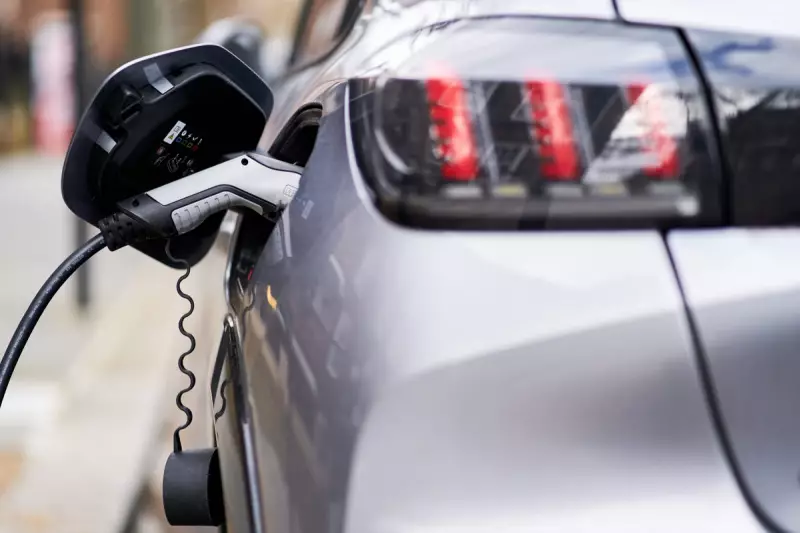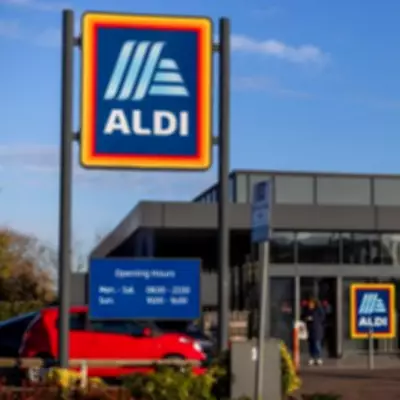
The British automotive industry has been slammed into reverse gear, with new figures revealing a catastrophic collapse in car production for 2023. Output plummeted to its lowest level since the mid-1980s, dealing a severe blow to the sector's recovery hopes.
According to data released by the Society of Motor Manufacturers and Traders (SMMT), UK factories produced just 905,117 cars last year. This represents a staggering 9.8% drop compared to 2022 and marks the worst annual performance in decades.
A Perfect Storm of Challenges
Industry leaders point to a 'perfect storm' of external factors crippling production. The lingering effects of Brexit, which introduced complex new trade rules and export barriers, continue to hamstring manufacturers. This was compounded by a severe global shortage of semiconductors, a critical component in modern vehicles, which brought production lines to a halt for extended periods.
The decline wasn't uniform across all vehicle types. While production for the UK market saw a slight increase, this was vastly overshadowed by a dramatic fall in exports. Shipments to the European Union – the sector's largest trading partner – and other key international markets like Turkey, Japan, and Australia all suffered significant declines.
The Electric Revolution Powers On
Amid the gloom, one bright spot emerged: the relentless rise of electric vehicles (EVs). Production of battery electric (BEV), plug-in hybrid (PHEV), and hybrid (HEV) cars collectively accounted for a record-breaking share of the total output. In a telling sign of the future, more than one in three cars rolling off British production lines now features an electrified powertrain.
'These figures are deeply concerning and underscore the urgent need for government action to bolster UK manufacturing competitiveness,' stated an SMMT spokesperson. The industry body is calling for a new industrial strategy that supports the transition to electrification and mitigates the damaging trade disruptions caused by Brexit.
The outlook for 2024 remains challenging. While some supply chain issues are easing, high energy costs and fierce global competition mean the road to recovery will be long and difficult for Britain's car makers.





